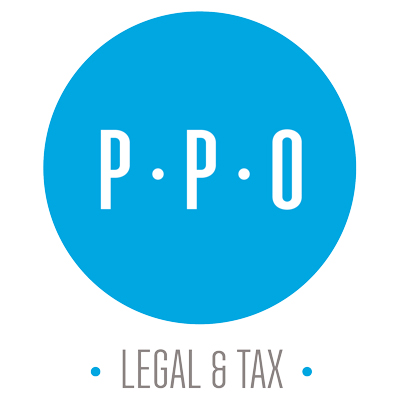
Insurance contract law in Sweden and practical challenges | Mannheimer Swartling
Along with general development in society, the Swedish insurance market continuously develops. In recent years, new and more complex insurance products have emerged in order to meet the new demands of the increasingly sophisticated market. In this respect, the Swedish insurance market is greatly influenced and affected by the UK insurance market. New and creative …
Continue reading “Insurance contract law in Sweden and practical challenges”










